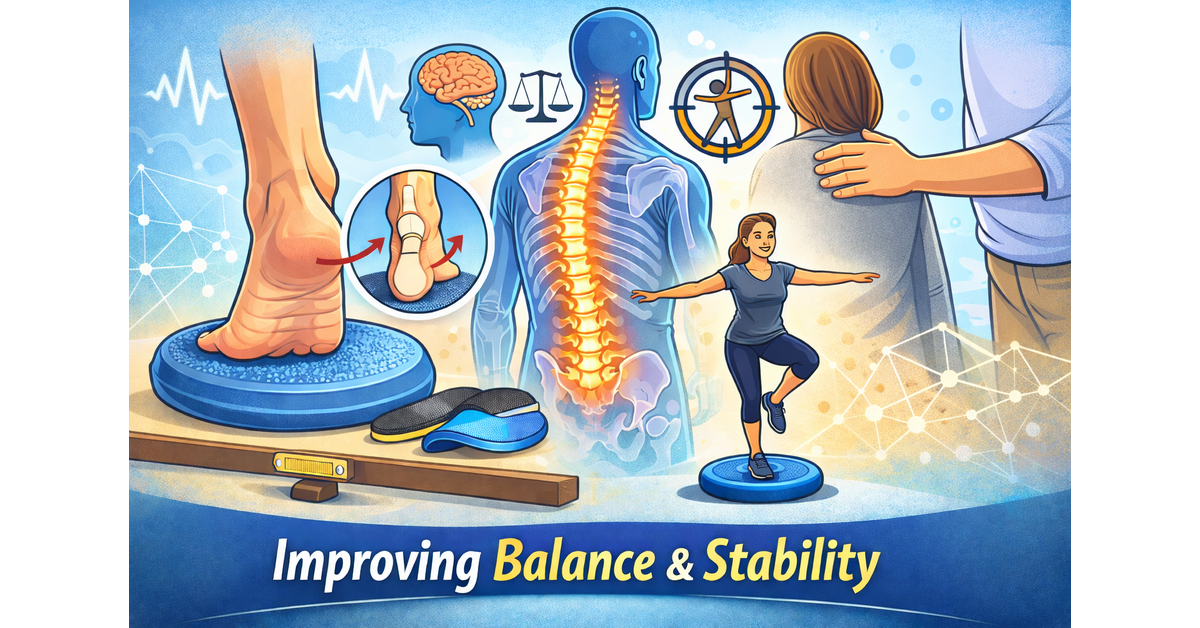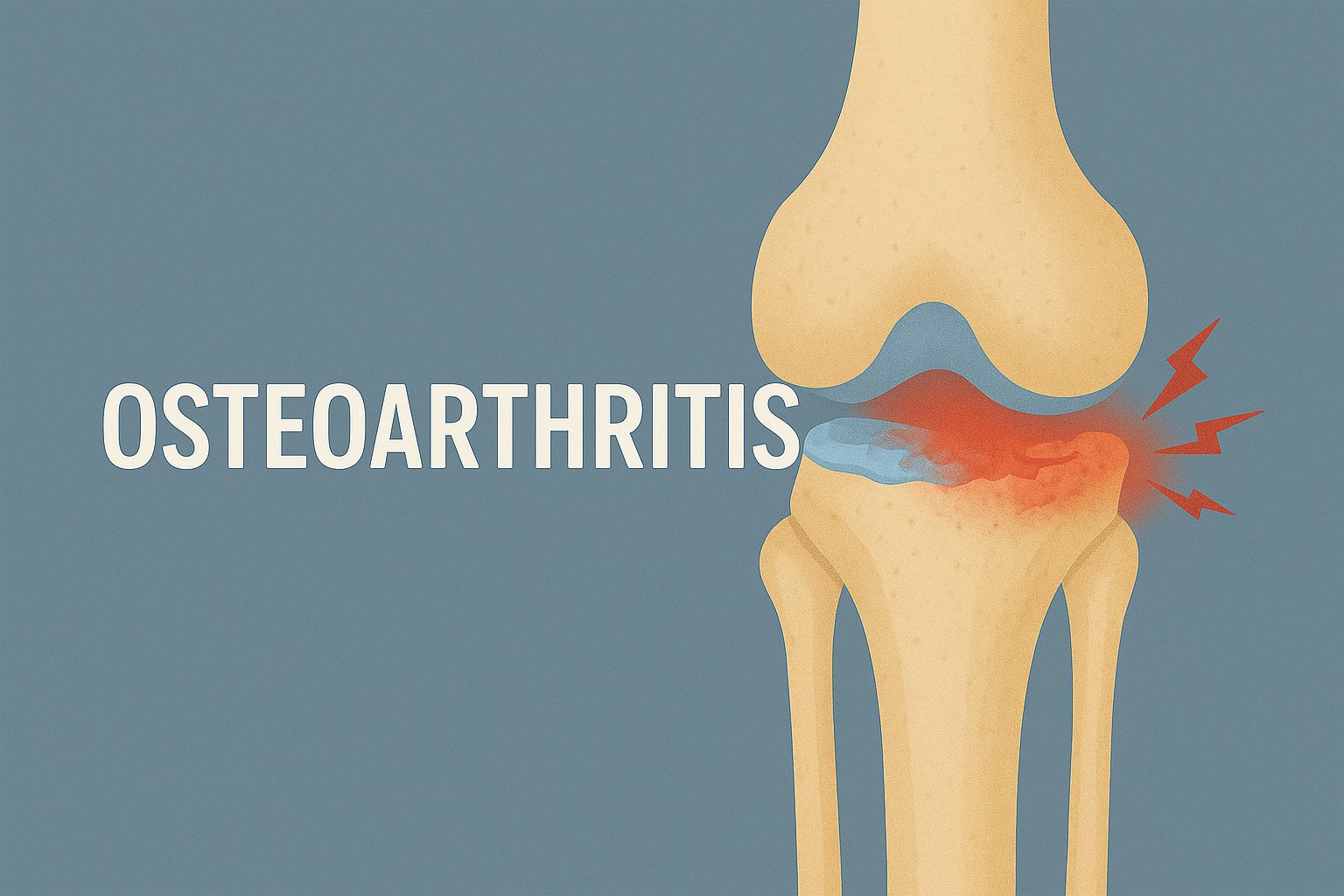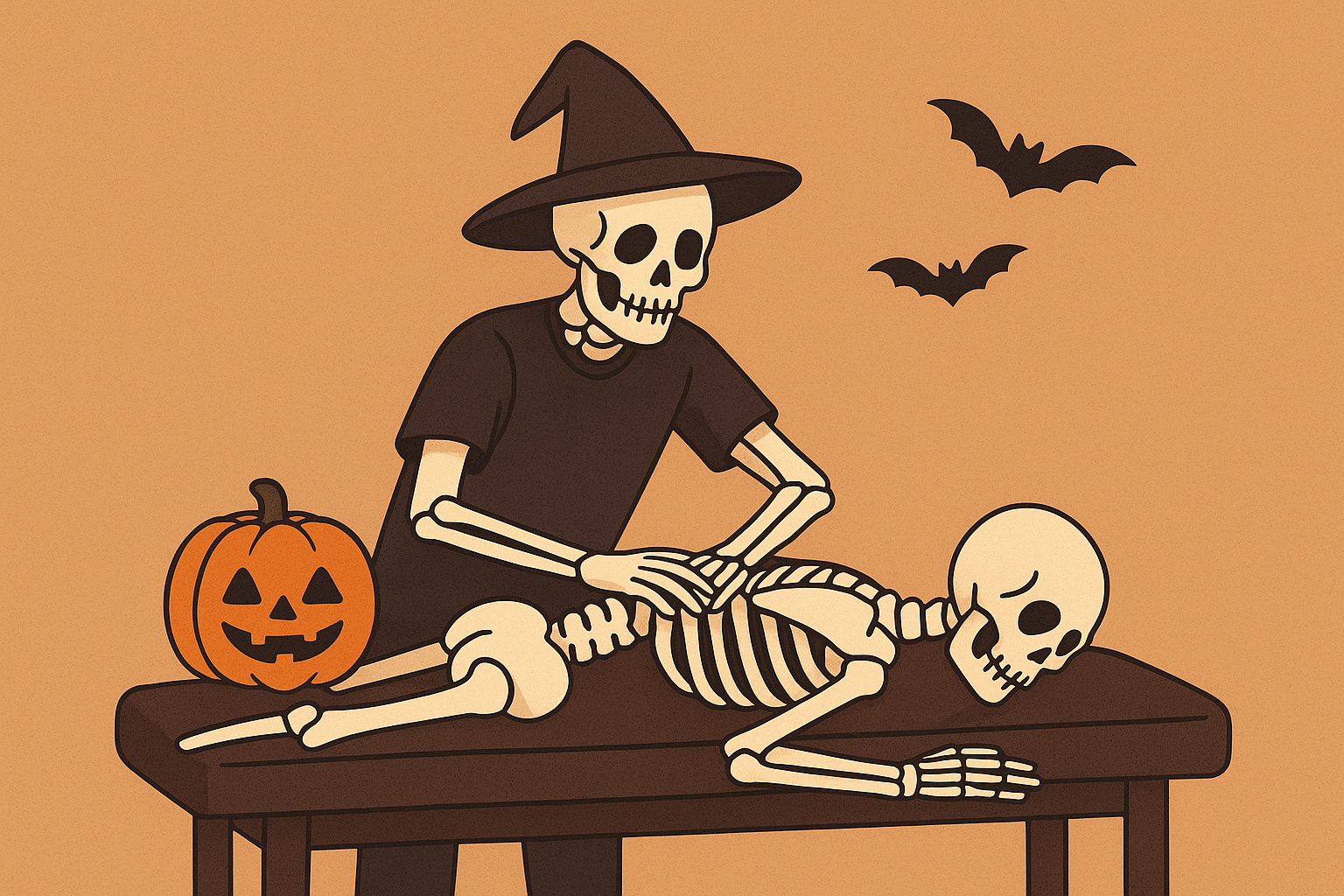Can Osteoarthritis Be Reversed?
There’s little evidence that joint damage from OA can be reversed. However, chiropractic care can help manage symptoms, reduce pain, and slow disease progression. Early treatment may even help you delay or avoid surgery
Chiropractic Treatment for Hip Osteoarthritis
Goals of Chiropractic Care
Chiropractic treatment aims to:
Reduce joint inflammation
Improve movement and flexibility
Ease muscle spasms
Strengthen weakened muscles
Offer lifestyle, exercise, and nutrition advice
What to Expect from Treatment
Your chiropractor will design a care plan tailored to your needs. Treatment may include:
Stretching and massage of tight muscles
Gentle joint mobilisation and manipulation
Use of ultrasound or interferential therapy
A personalised exercise program to strengthen and support the hip
Supervised exercise programs are more effective than doing exercises alone, so regular sessions with guidance are recommended.
Why It’s Important to Check More Than Just the Hip
Pain in the hip often connects with issues in other parts of your body. That’s why your chiropractor will also examine your:
Lower back
Knees
Ankles and feet
These areas can all influence how your hip functions.
An X-ray is usually needed to confirm the diagnosis and see how severe the damage is. This helps your chiropractor choose the most effective treatment and rule out other conditions.
What If I Need Surgery?
In some severe cases, hip replacement surgery may be necessary. However, chiropractic care can often delay this need.
Preparing for Surgery
If surgery becomes necessary:
Pre-surgery exercises can help strengthen muscles and improve recovery time.
Upper body strengthening helps you manage crutches or a walker afterward.
Learning your post-surgery exercises before the operation makes them easier to do during recovery.
Final Thoughts
Osteoarthritis of the hip can be painful and affect your daily life—but you don’t have to suffer in silence. Early chiropractic care can make a big difference in managing symptoms, maintaining mobility, and possibly delaying surgery.
If you’re noticing pain or stiffness in your hip, knee, or lower back, talk to your chiropractor. The sooner you take action, the better your long-term outcome is likely to be.




